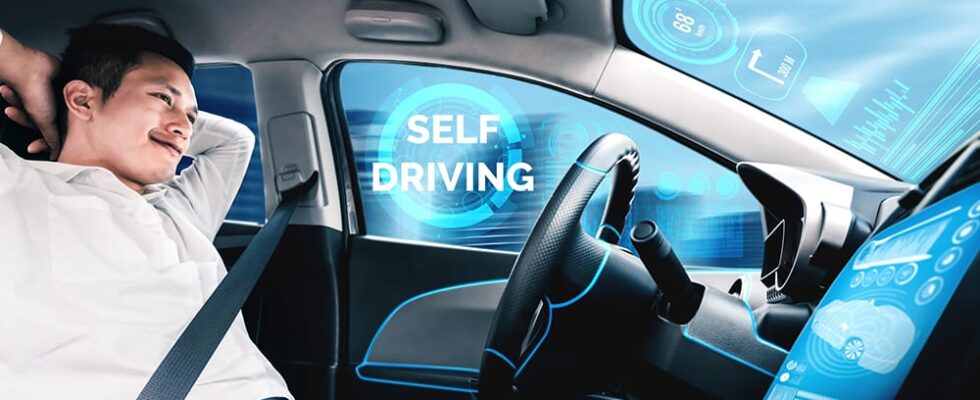Self-driving cars are set to transform the way we travel, thanks to the integration of artificial intelligence (AI) into their systems. AI enables these vehicles to navigate roads and make decisions without the need for human input. By processing data from a range of sensors and cameras, self-driving cars can understand their environment, adjust speed, and avoid obstacles in real time. This technology promises a safer, more efficient transportation system, representing a significant step forward in driving innovation.
How AI Makes Self-Driving Cars Safer
AI enhances the safety of autonomous vehicles by continuously analyzing data from sensors like radar, lidar, and cameras. These systems, along with tracking control, allow the car to detect nearby objects, pedestrians, and other vehicles, enabling it to react instantly to potential hazards. Unlike humans, AI systems can maintain constant focus on the road and quickly adapt to changing conditions, ensuring a faster and more precise response to emergencies. This reduces the risk of human error, a leading cause of accidents.
AI algorithms continuously learn from various driving situations, allowing them to improve over time and minimize the likelihood of collisions. As a result, autonomous cars are designed to be more reliable and responsive in any situation. Tracking control plays a crucial role in maintaining vehicle stability and accuracy, especially in complex environments, further enhancing safety.
The Future of Transportation with Autonomous Vehicles
As autonomous vehicles evolve, AI’s role will expand beyond individual car navigation to overseeing entire fleets of vehicles. AI will enable vehicles to communicate with each other, leading to more efficient traffic management, reduced congestion, and improved road safety. This shift will revolutionize the way transportation systems operate, making travel smoother and more predictable.
Furthermore, AI will help optimize routes for fuel efficiency, contributing to environmental sustainability by lowering emissions and reducing energy consumption. While hurdles like regulatory issues and public trust remain, the possibilities for AI in self-driving cars are immense, paving the way for a future with safer, smarter, and more sustainable transportation. Key Advantages of AI in Future Transportation:
- Coordination of Fleets: AI will allow autonomous vehicles to work in sync within fleets, improving the management of traffic and ensuring smoother travel across entire regions.
- Optimized Traffic Flow: Through real-time communication, AI will reduce congestion and optimize the movement of vehicles, making transportation systems more efficient and reducing travel time.
- Enhanced Road Safety: AI-powered systems will enable vehicles to respond to one another intelligently, preventing accidents and ensuring safer driving patterns, leading to fewer collisions.
- Environmental Sustainability: With AI, self-driving cars will be able to calculate and select the most fuel-efficient routes, minimizing emissions and conserving resources, aligning with global sustainability goals.
- Improved Travel Efficiency: AI will enhance the overall efficiency of travel, from urban streets to highways, reducing delays and making daily commuting or long-distance travel more predictable and reliable.


